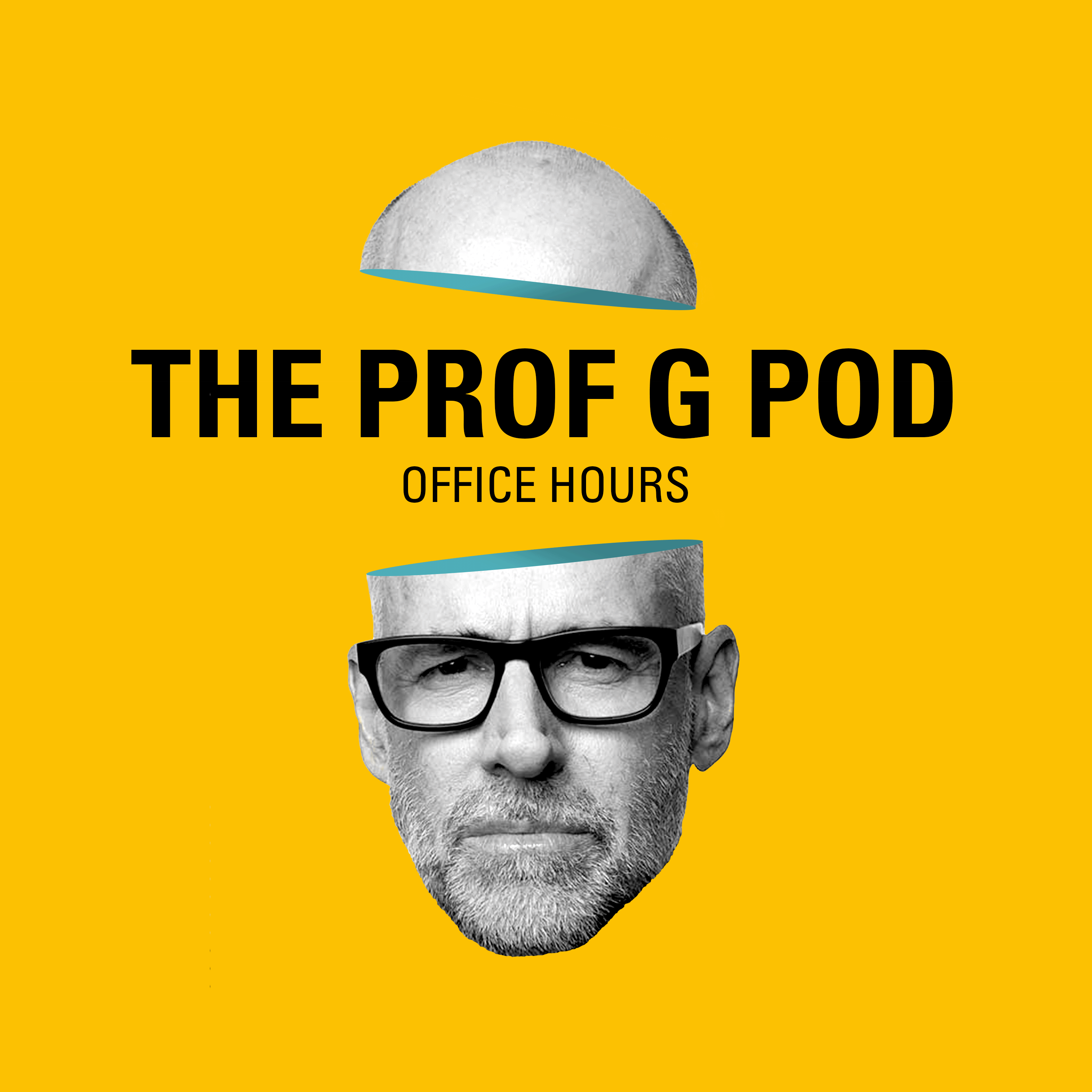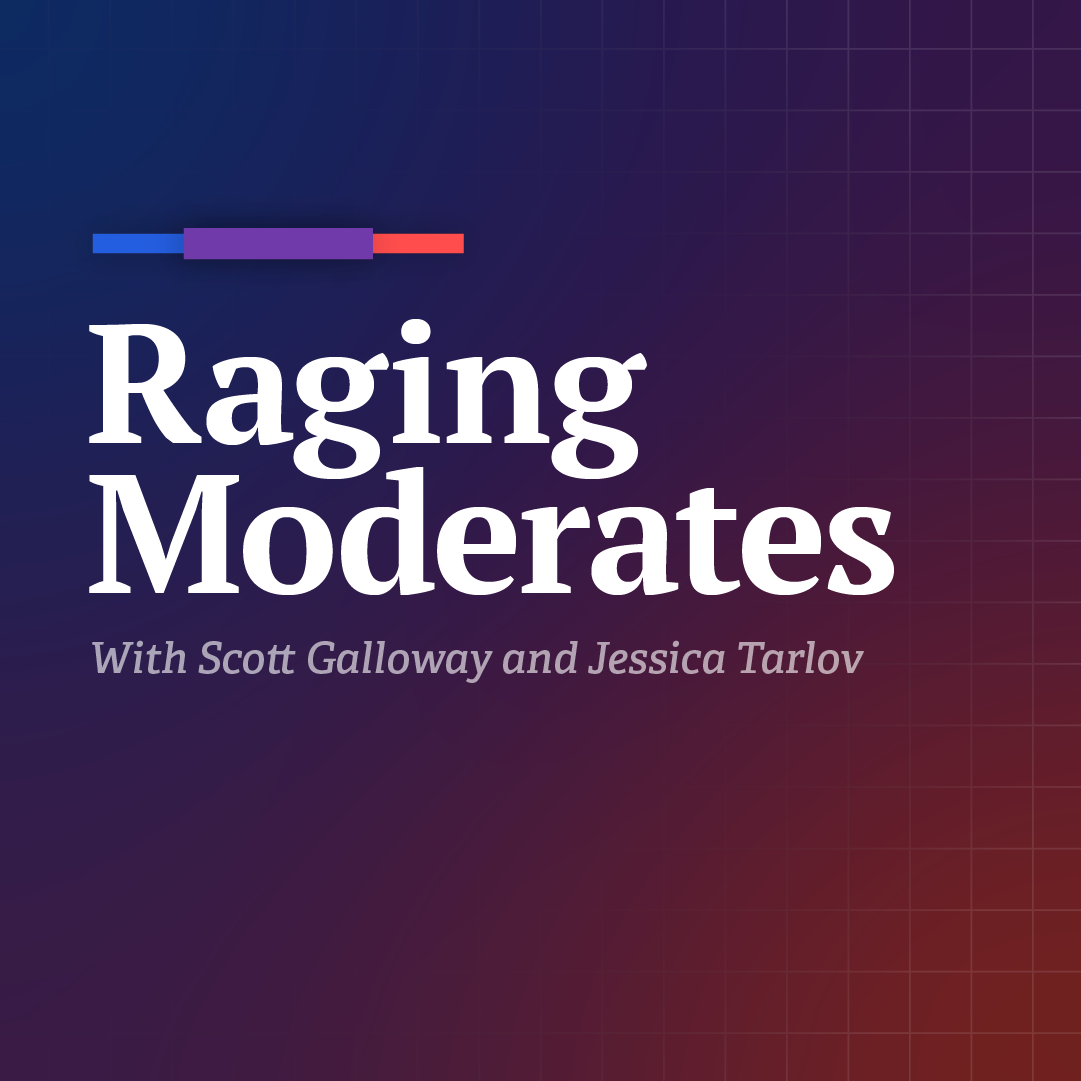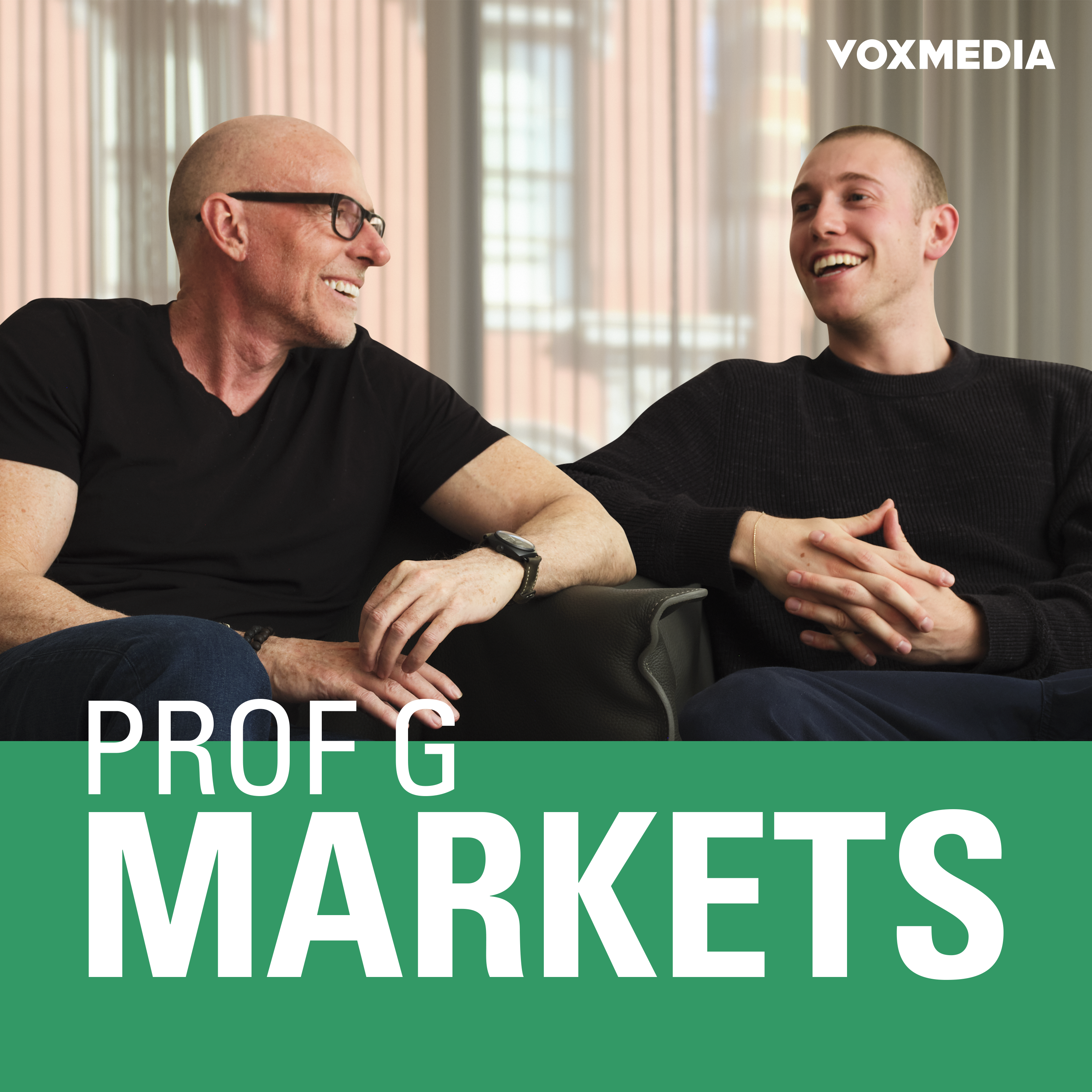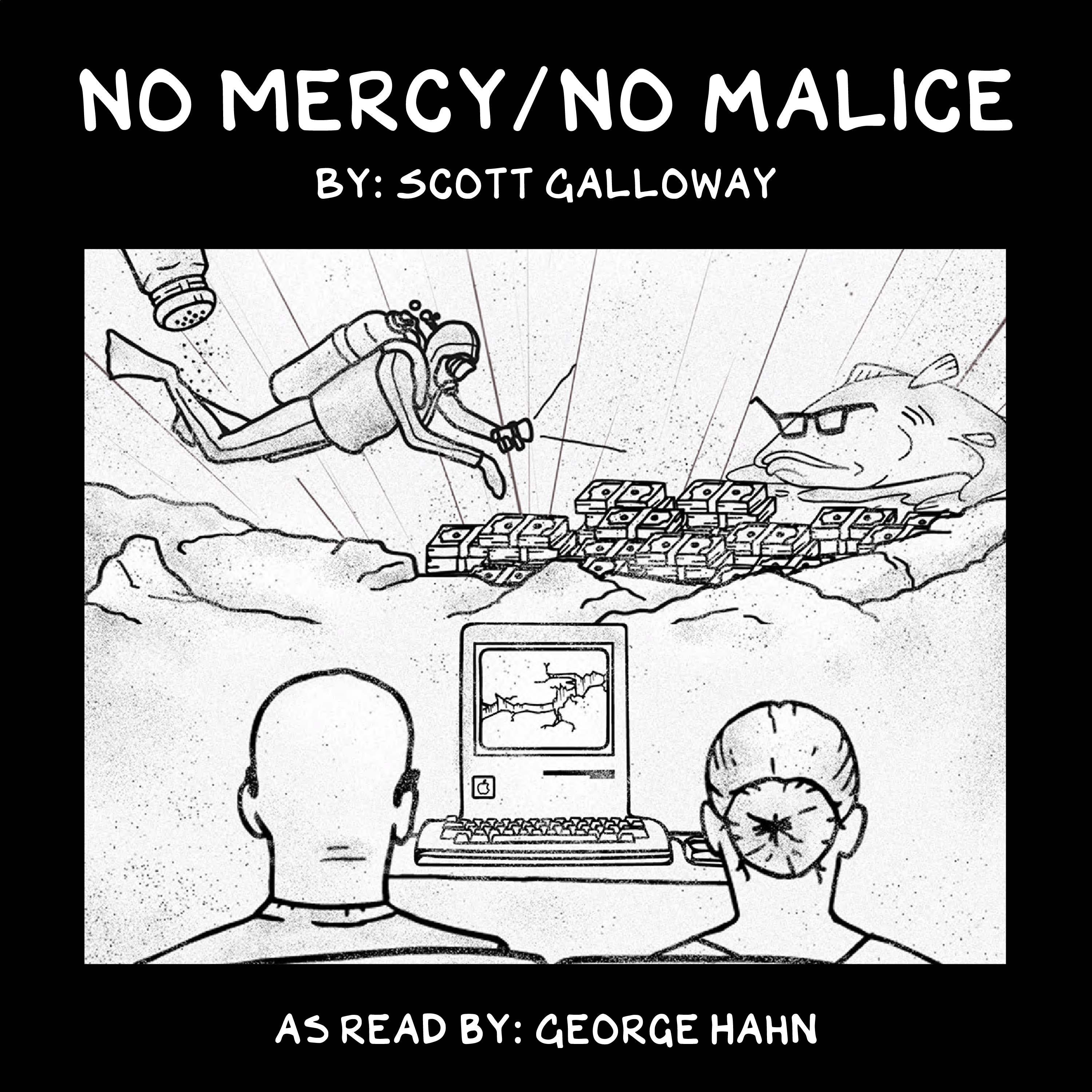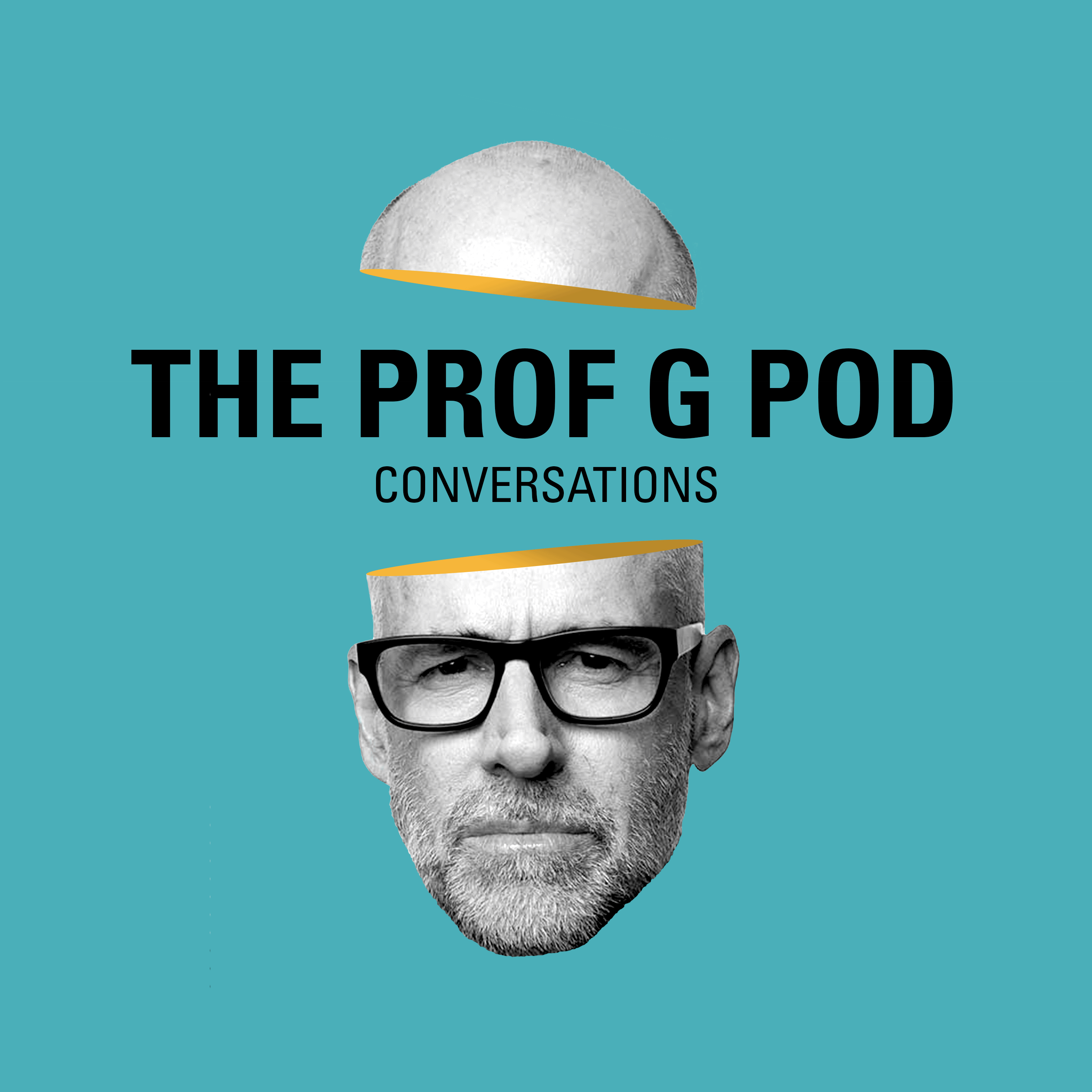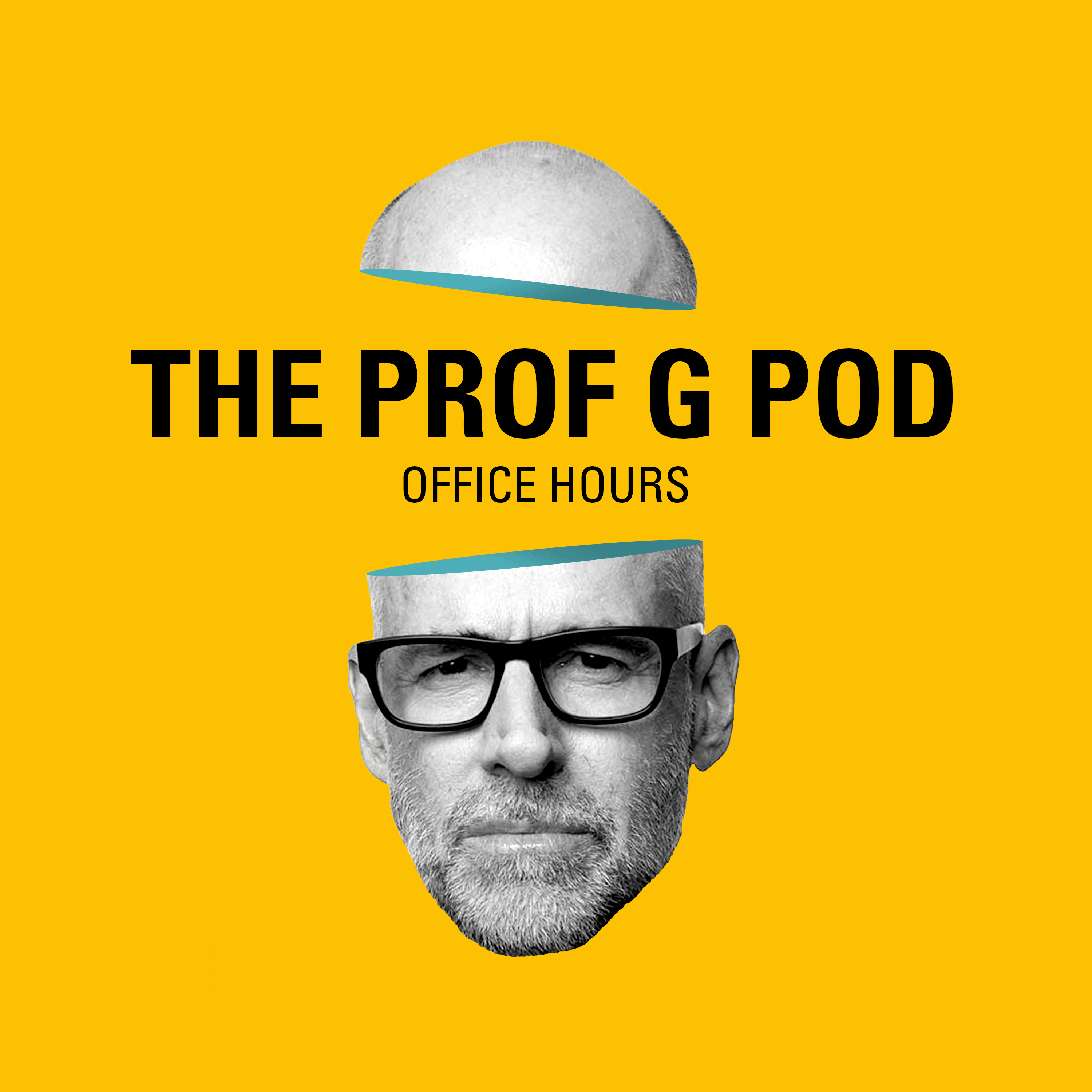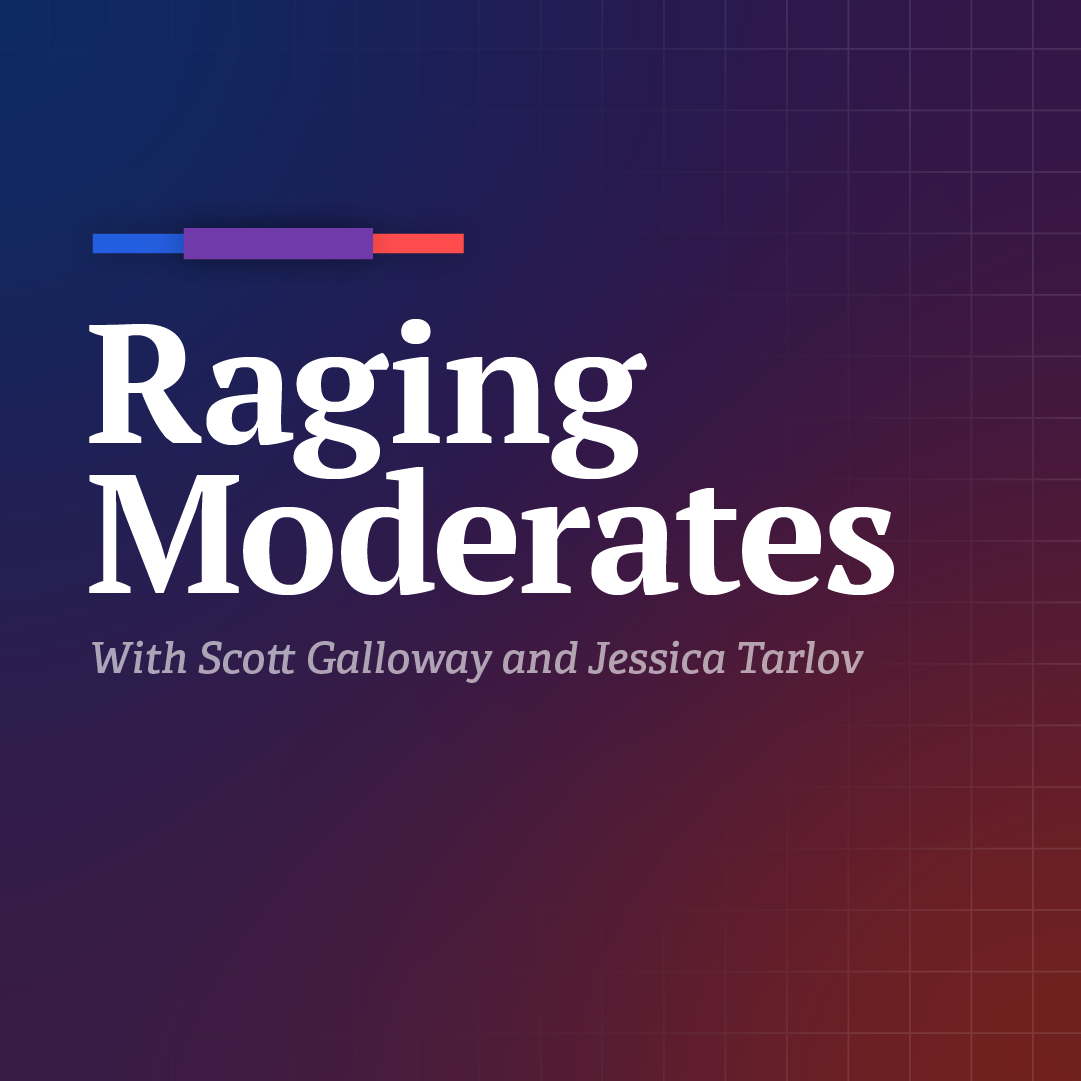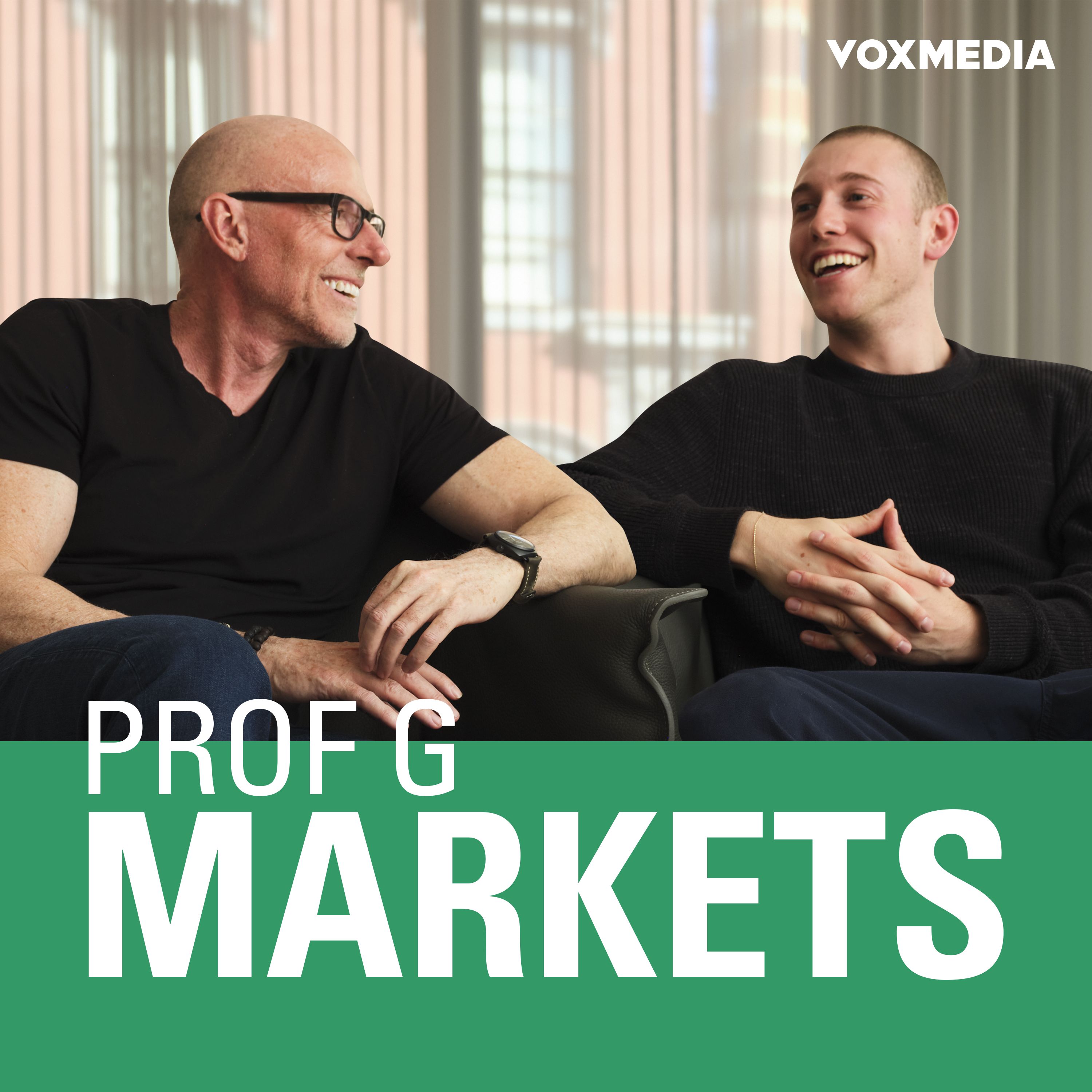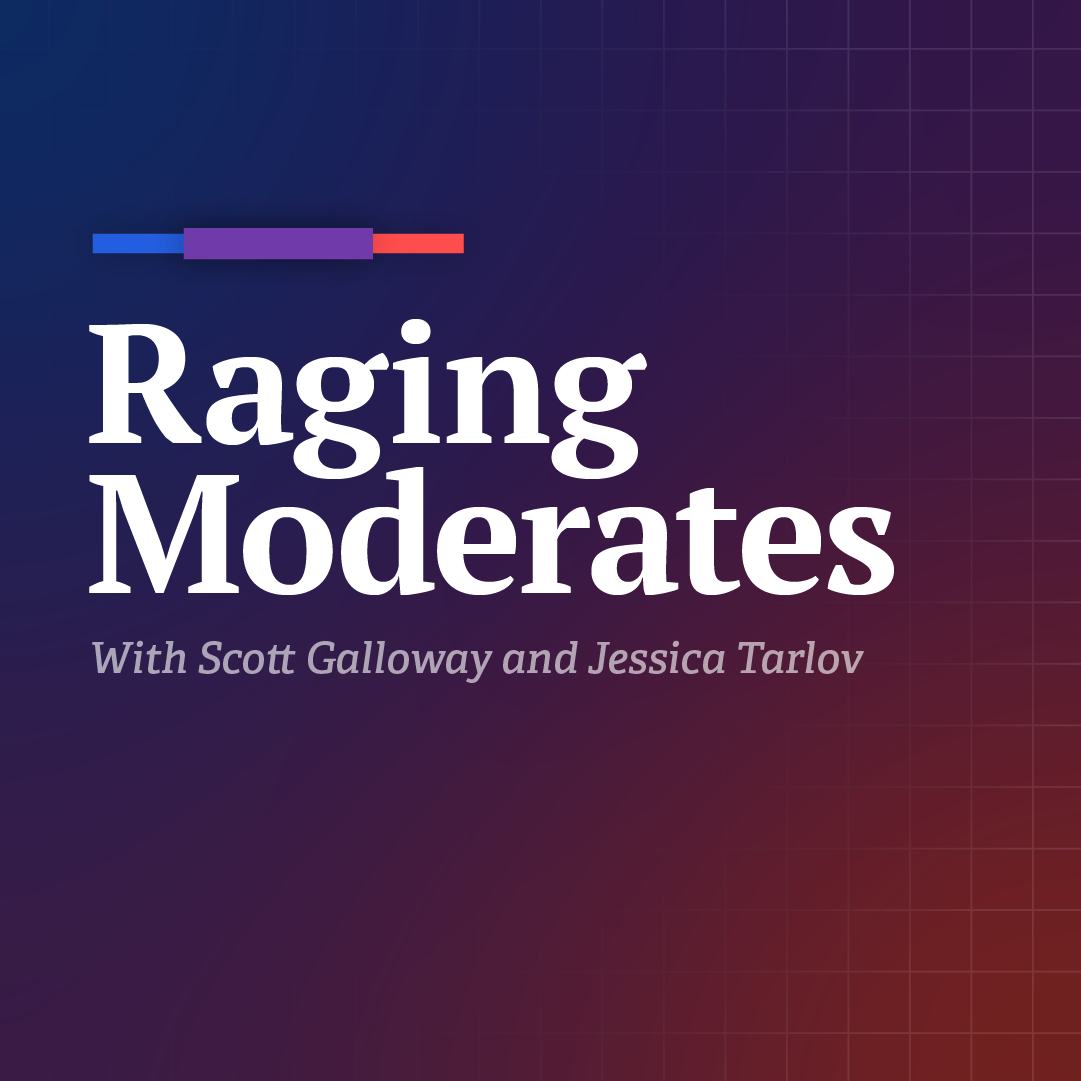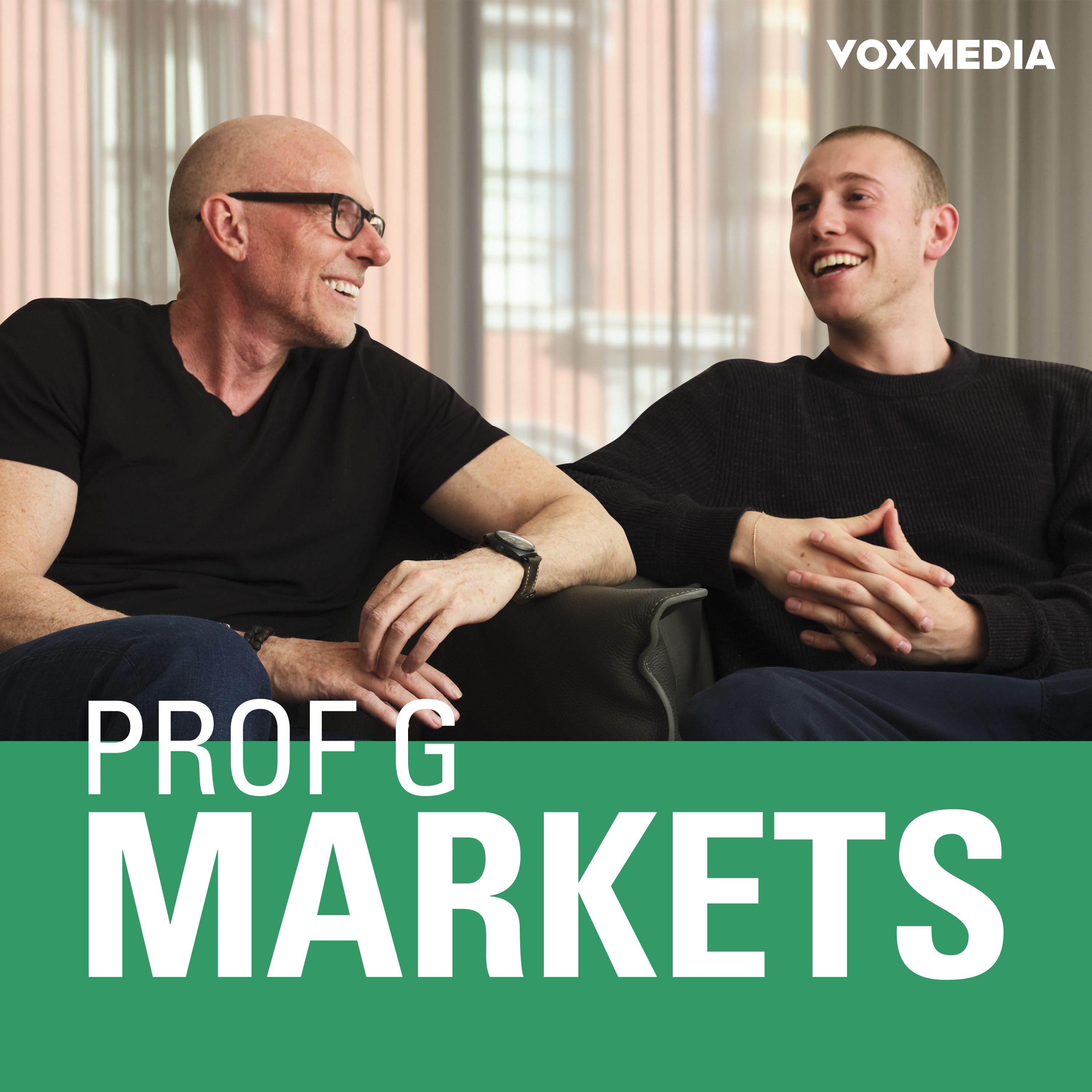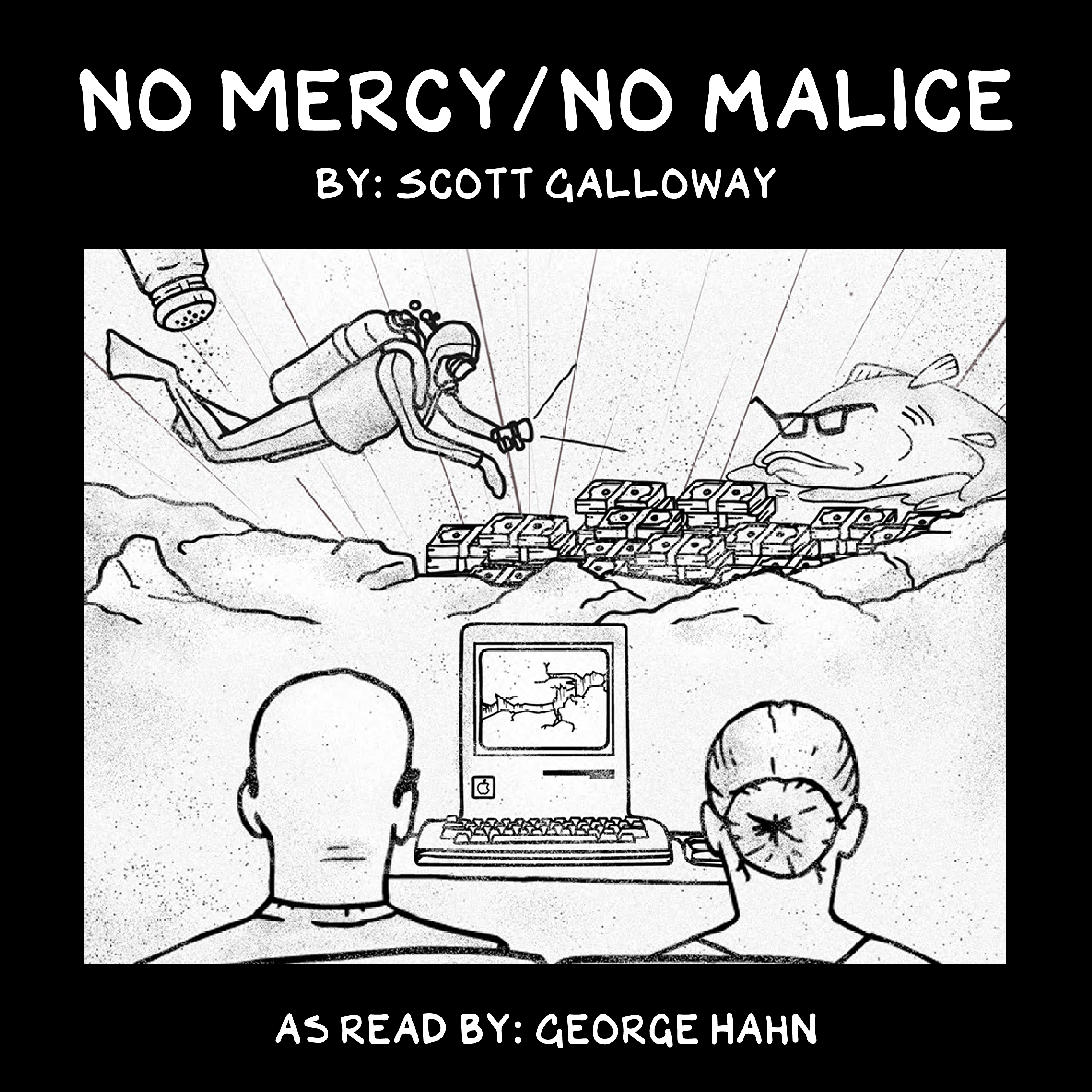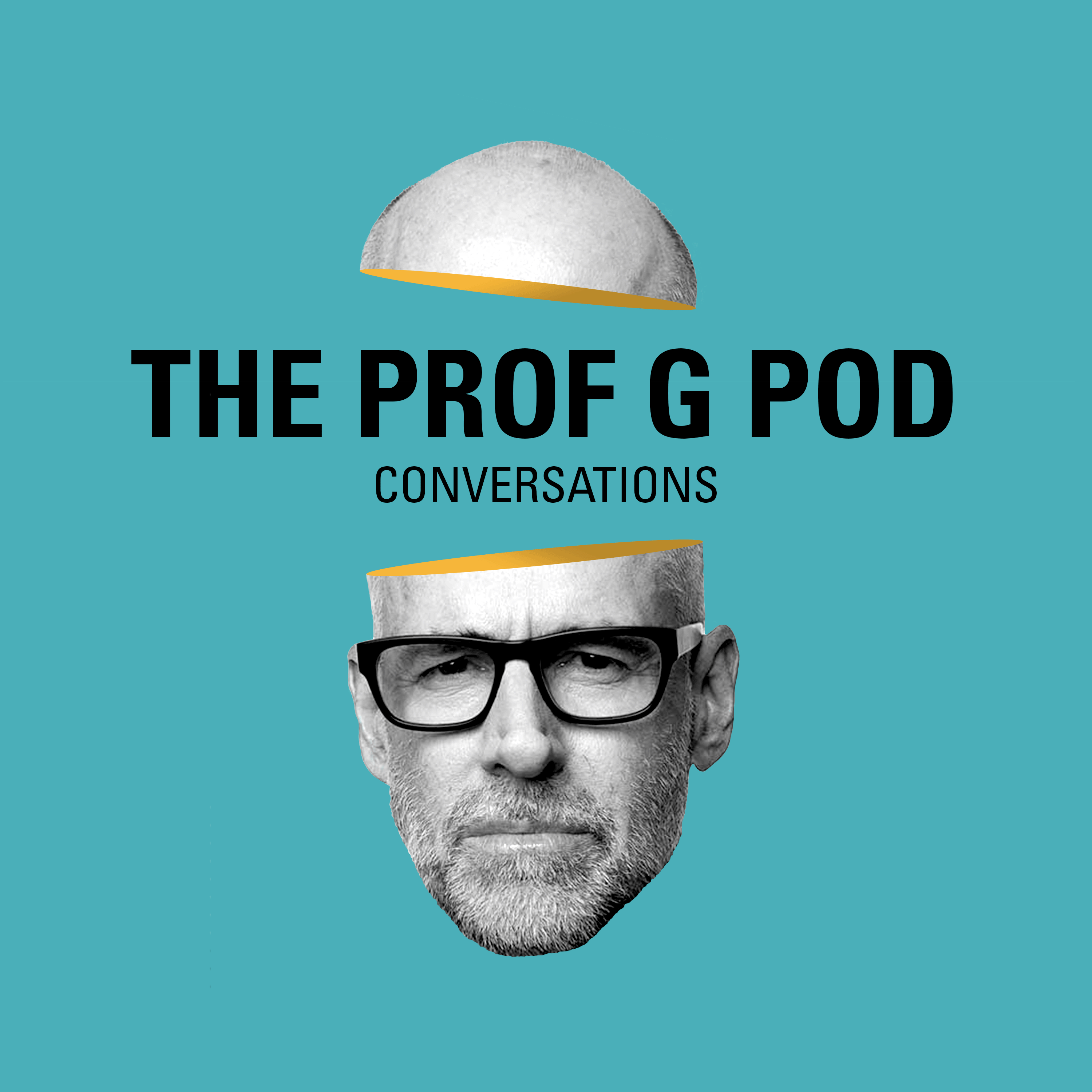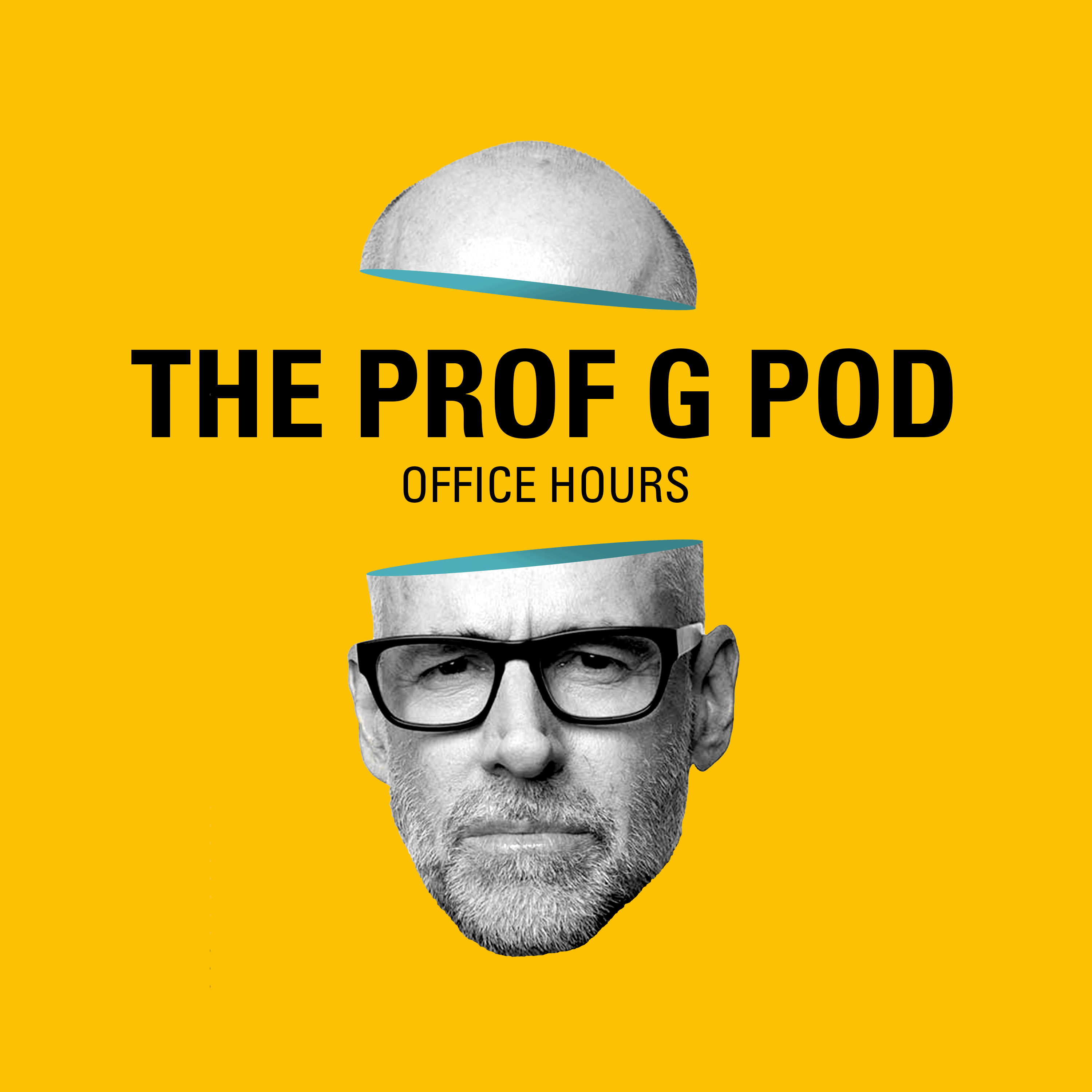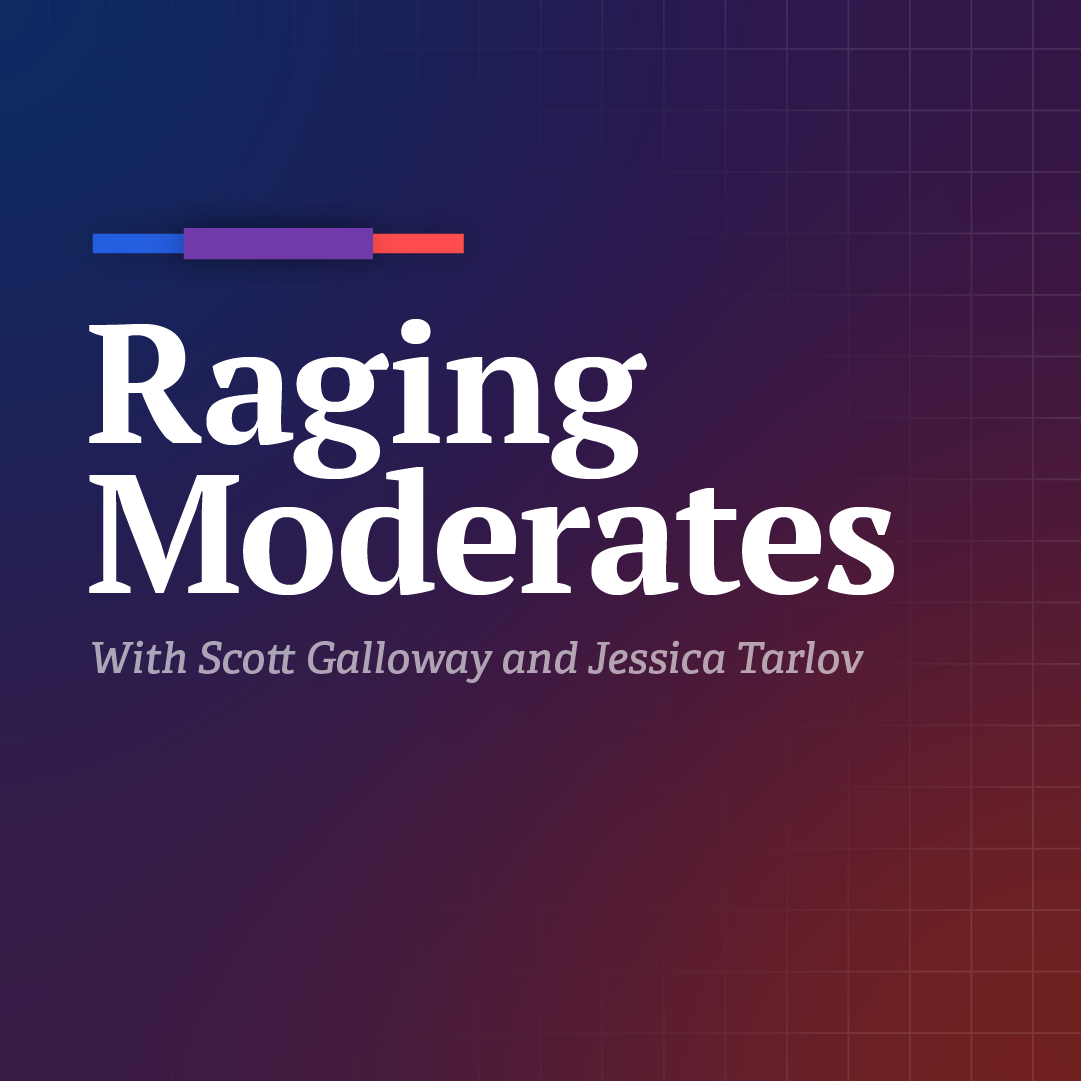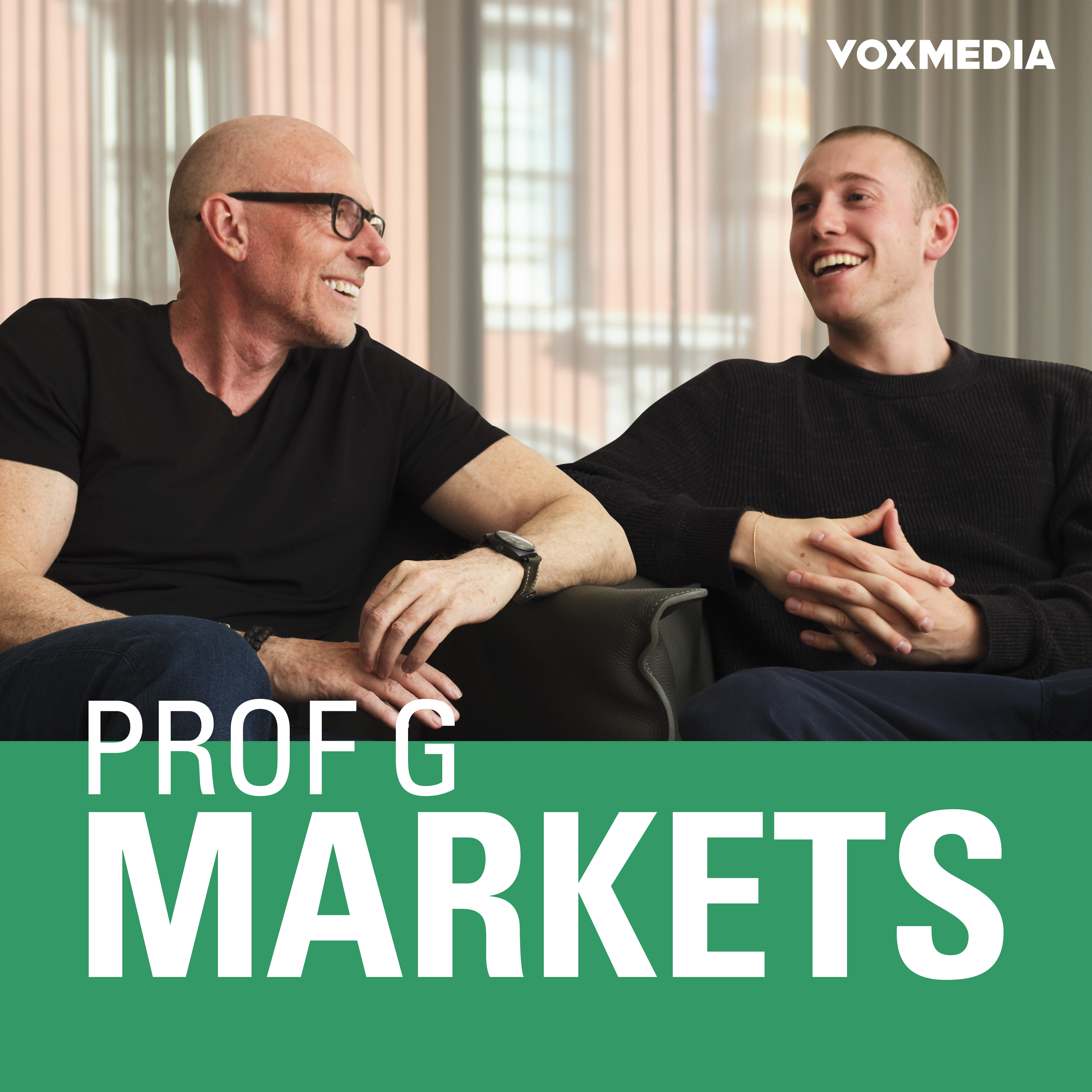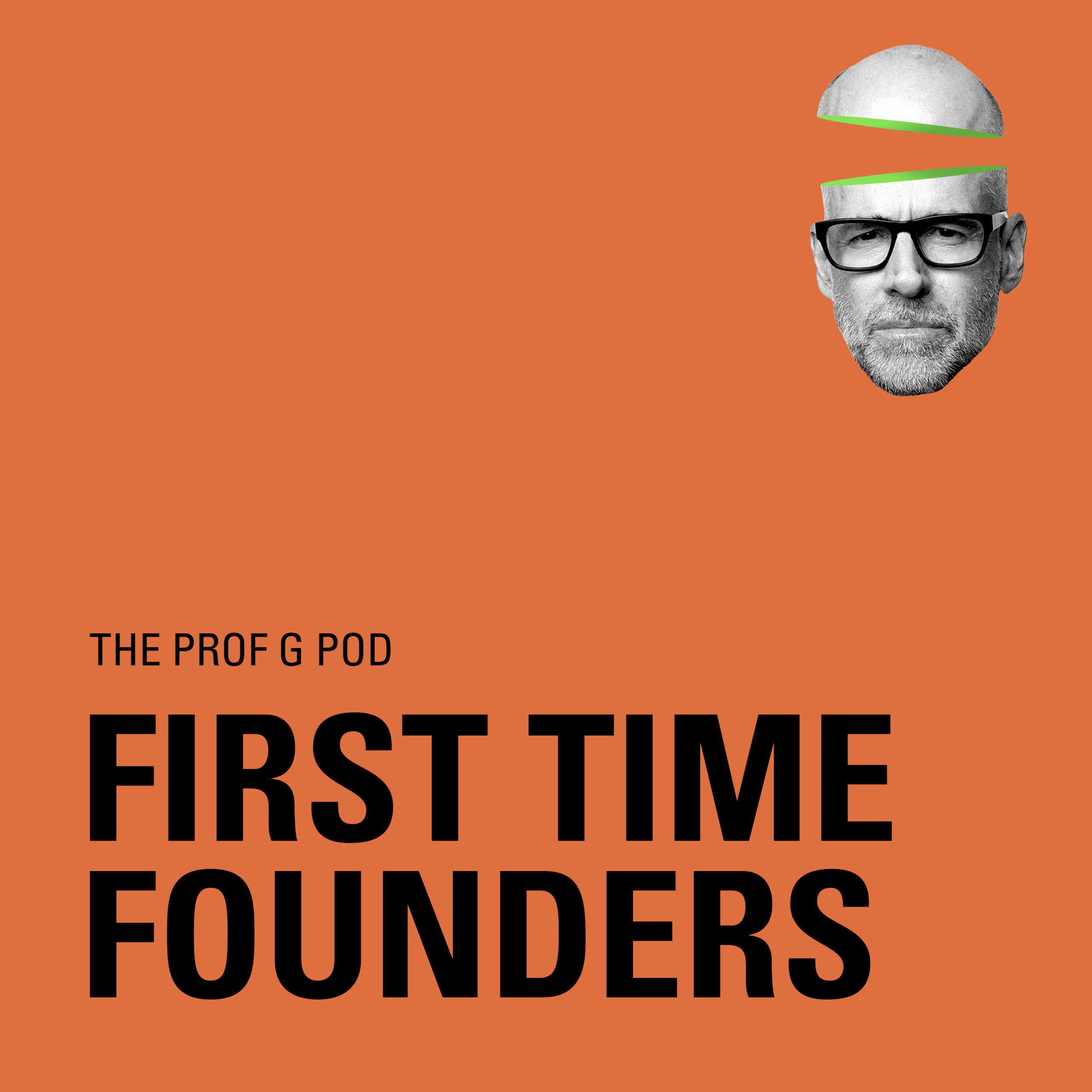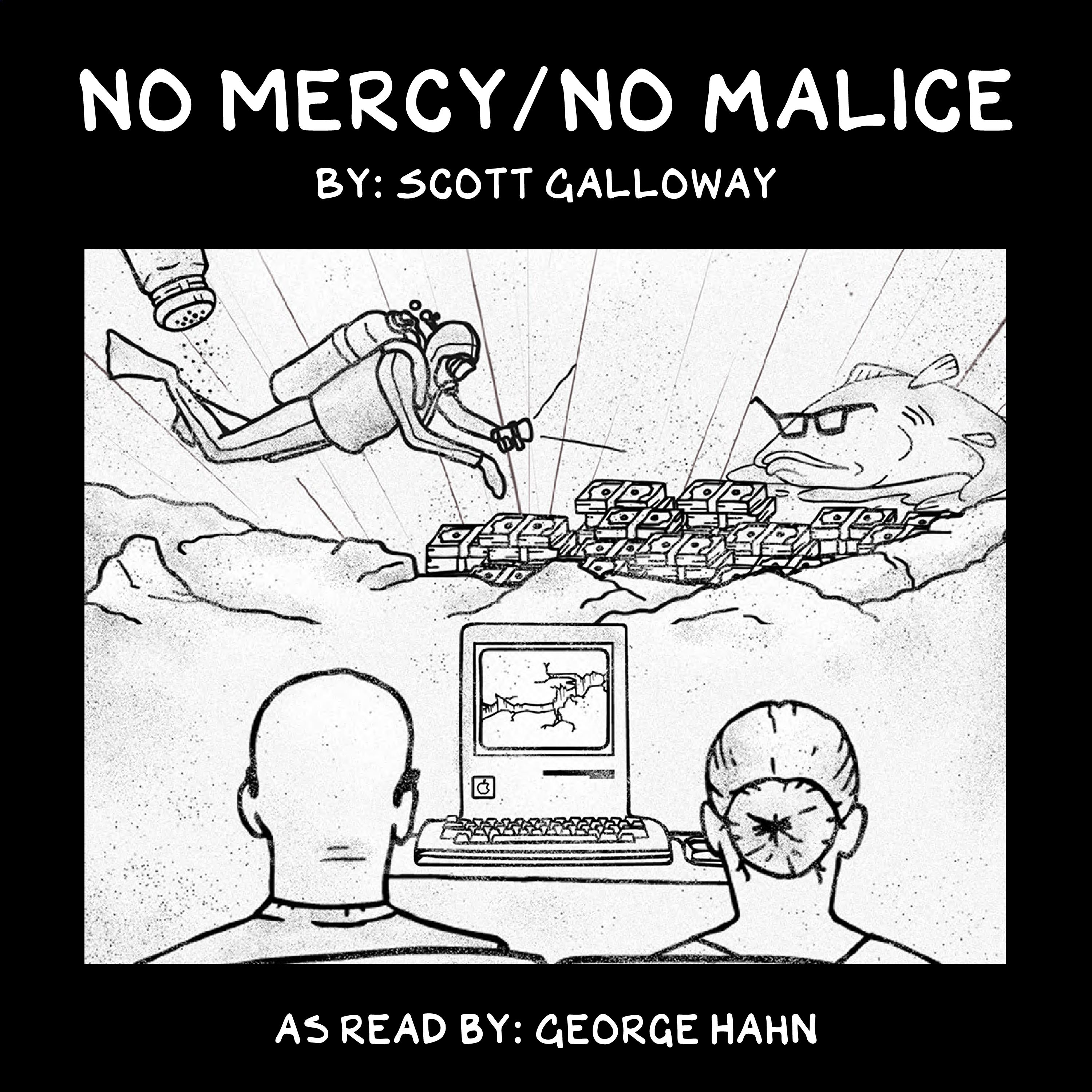Scott discusses the lack of IPOs in Latin America, specifically the difference between cyclical and structural decline. He then gives advice on mentoring young ...
Scott Galloway and Jessica Tarlov dive into Trump’s whirlwind first week back in office. From immigration crackdowns to controversial pardons and foreign aid ...
Follow Prof G Markets: Apple Podcasts Spotify Scott and Ed open the show by discussing Netflix’s fourth quarter earnings, Johnson and Johnson’s latest earnings ...
As read by George Hahn. https://www.profgalloway.com/america-for-sale/ Learn more about your ad choices. Visit podcastchoices.com/adchoices
Dr. Ryan Martin, an anger expert, psychology professor, and author of How to Deal with Angry People, and Why We Get Mad: How to Use Your Anger for Positive ...
Scott discusses how the best global brands come from the U.S. and why the federal government struggles with brand strategy. He then gives advice to a listener ...
Scott Galloway and Jessica Tarlov unpack the dramatic start of Donald Trump’s second presidency, including sweeping executive actions and controversial ...
Prof G Markets: The TikTok Showdown, UnitedHealth’s First Earnings Post-Shooting, and a Banking Boom
Follow Prof G Markets: Apple Podcasts Spotify Scott and Ed open the show by discussing the latest inflation report, Meta’s next round of layoffs, and the ...
As read by George Hahn. https://www.profgalloway.com/after-the-fires/ Learn more about your ad choices. Visit podcastchoices.com/adchoices
Mel Robbins, an award-winning podcast host, New York Times bestselling author, and renowned expert on mindset, behavior change, and personal growth, joins ...
Scott discusses GM’s outlook and then gives advice on transitioning into a management role in your company. He wraps up with more advice, to a high school ...
Scott Galloway and Jessica Tarlov break down the politics fueling Los Angeles’ record-breaking wildfires and the fallout from budget cuts, environmental ...
Follow Prof G Markets: Apple Podcasts Spotify Scott and Ed open the show by discussing Anthropic’s upcoming funding round, a huge drawdown in quantum stocks, ...
By Jessica Tarlov, as read by George Hahn. Learn more about your ad choices. Visit podcastchoices.com/adchoices
Ian Bremmer, the president and founder of the Eurasia Group, joins Scott to discuss what he believes are the year’s top geopolitical risks. These risks include ...
Scott offers advice to a physician looking to scale himself and expand his scope of influence beyond his practice. He then speaks about the future of Prof G ...
Scott Galloway and Jessica Tarlov discuss the fourth anniversary of January 6th and its lasting impact on American democracy, Mike Johnson’s narrow win as ...
Follow Prof G Markets: Apple Podcasts Spotify Scott shares his predictions for the year ahead, including his picks for the top investment, technology, and ...
First Time Founders with Ed Elson – How This German Founder Built The Nation’s Most Valuable Startup
Ed speaks with Alex Rinke, co-founder and co-CEO of Celonis, a process mining and intelligence company. They discuss how his management style evolved as the ...
As read by George Hahn. https://www.profgalloway.com/2025-predictions/ Learn more about your ad choices. Visit podcastchoices.com/adchoices
- « Previous Page
- 1
- …
- 23
- 24
- 25
- 26
- 27
- …
- 62
- Next Page »

